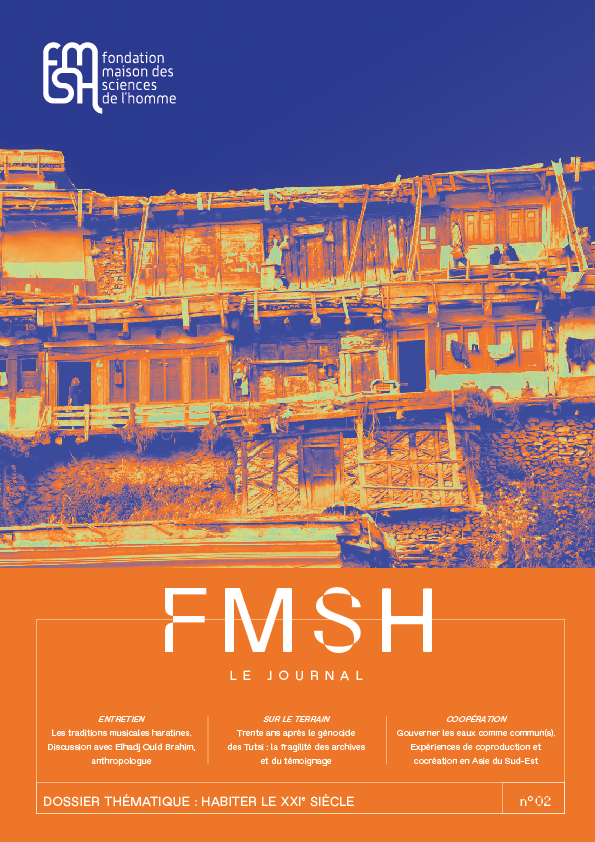The FMSH and the Gulbenkian Foundation: a partnership at the very heart of contemporary issues
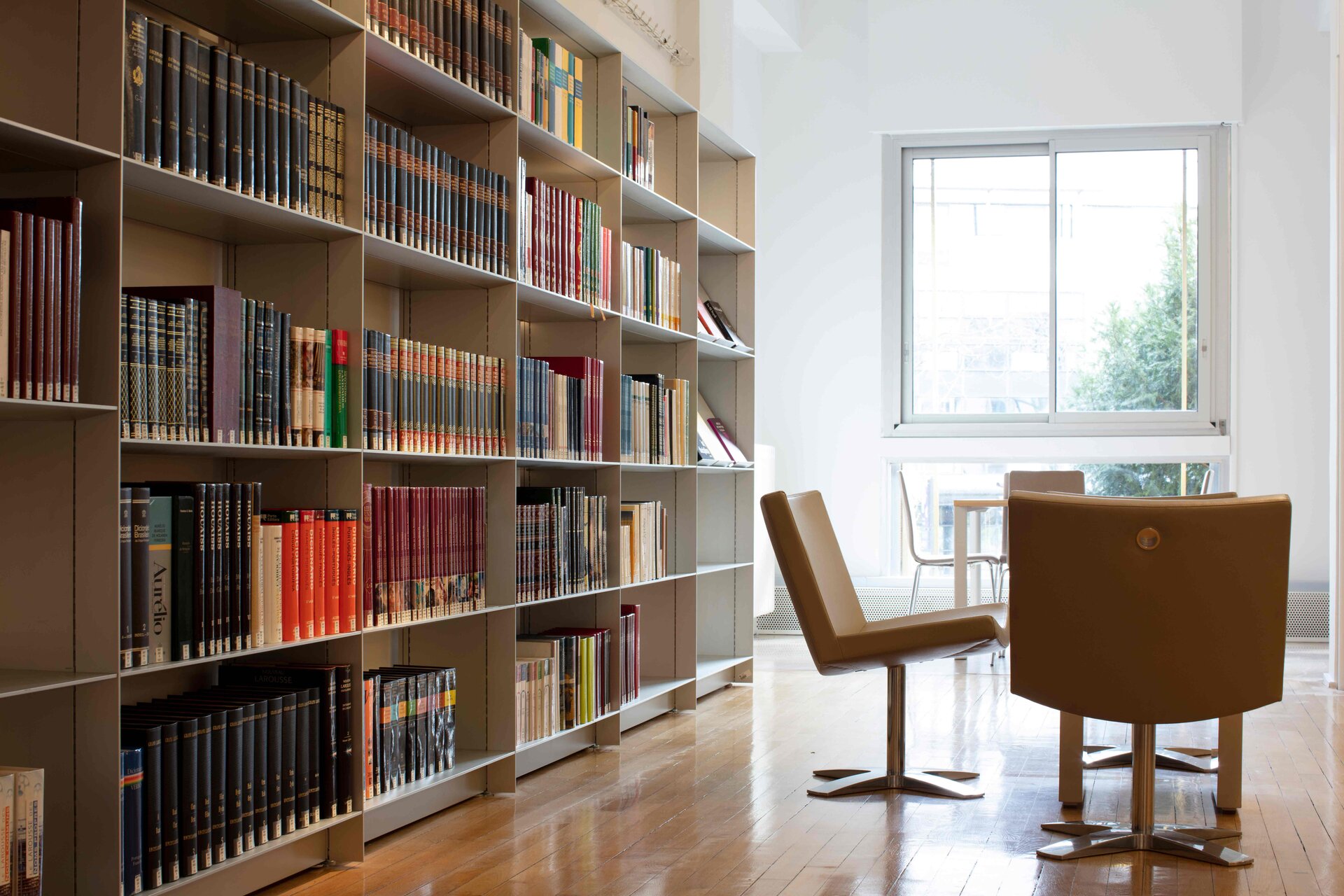
The Calouste Gulbenkian Foundation, established in Lisbon in 1956 by the testamentary will of Calouste Sarkis Gulbenkian, carries out activities in the field of the arts, sciences, education, and human development. The Delegation in France is the European branch of the Calouste Gulbenkian Foundation.
Rooted, for nearly sixty years, in the French cultural and institutional landscape, it has developed an original strategy in three directions: first, to promote and support Portuguese-language arts and culture in France and Europe; second, to fight against inequalities in cultural access and participation; and third, to contribute to major democratic debates. These actions take the form of an annual call for projects aimed at French artistic institutions wishing to include Portuguese visual artists in their programming, the co-production of exhibitions, residencies for artists and curators, meetings and debates organised throughout the year, partnerships with civil society organisations, and the provision of an extensive library of Portuguese-language works.
For more than a decade, and particularly since 2020 when the Calouste Gulbenkian Foundation moved into its premises at 54 boulevard Raspail, collaboration between the two foundations has intensified, leading to the development of initiatives on the topics of ‘democracy and human rights’, ‘arts and sciences’, and ‘climate and environment’. Álvaro de Vasconcelos organised two series of conferences on ‘The lives of intellectuals in exile: A humanism without borders,’ in 2023 and 2024, shedding light on the lives of Hannah Arendt, Mario Soares, and Bassma Kodmani, who were exiled in France, as well as other intellectuals such as Antoine de Saint-Exupéry, André Breton, and Claude Lévi-Strauss, who took refuge in New York. For the Portuguese, France and Paris were a land of refuge during the years of dictatorship. These conferences were an opportunity to recognise the importance of this hospitality in the restoration of democracy. Over two years, the FMSH, which is particularly committed to supporting academic freedom, and the Calouste Gulbenkian Foundation promoted this project in which past experiences of hospitality resonate with the importance of hospitality today.
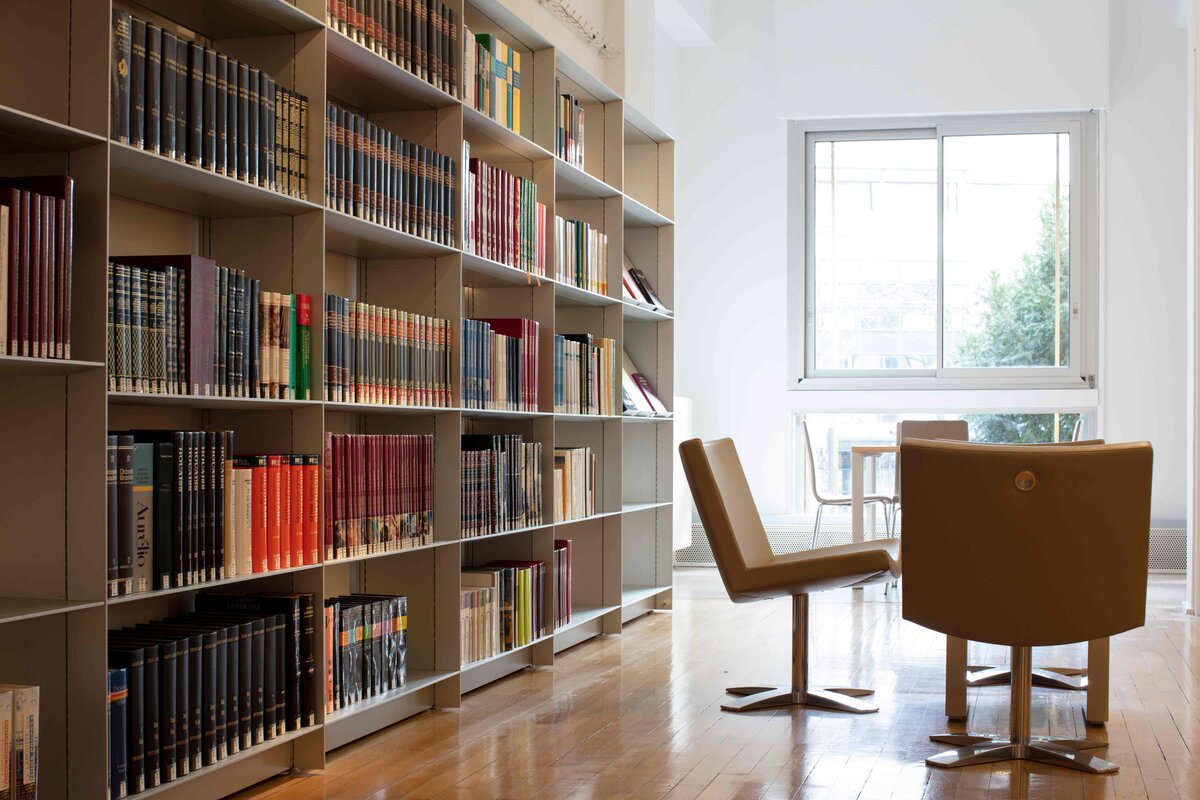
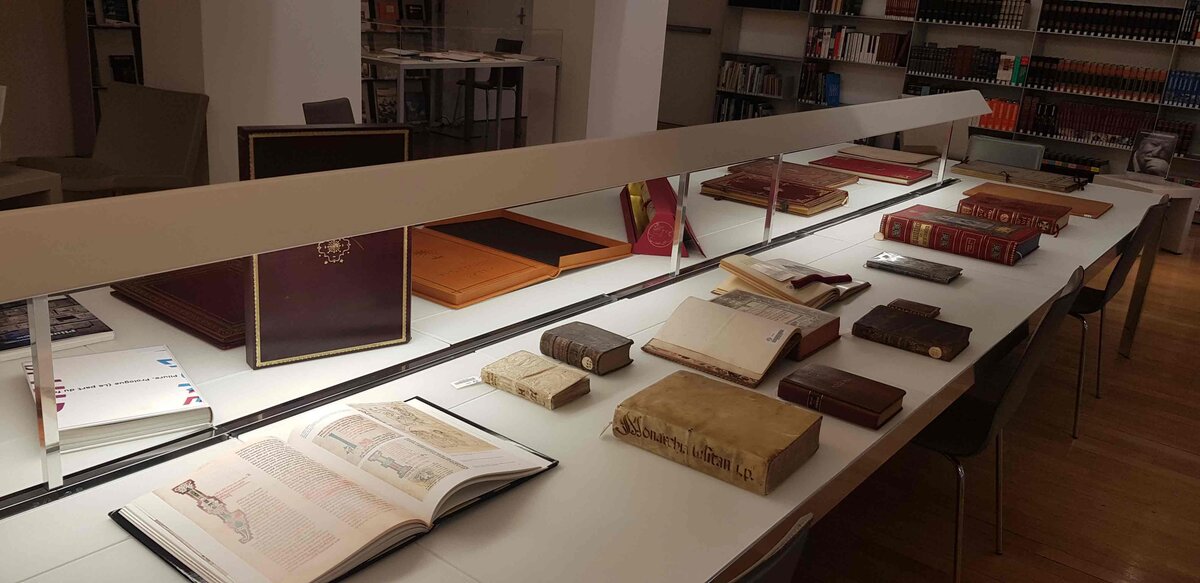
Sélection bibliographique à l’occasion des journées du patrimoine
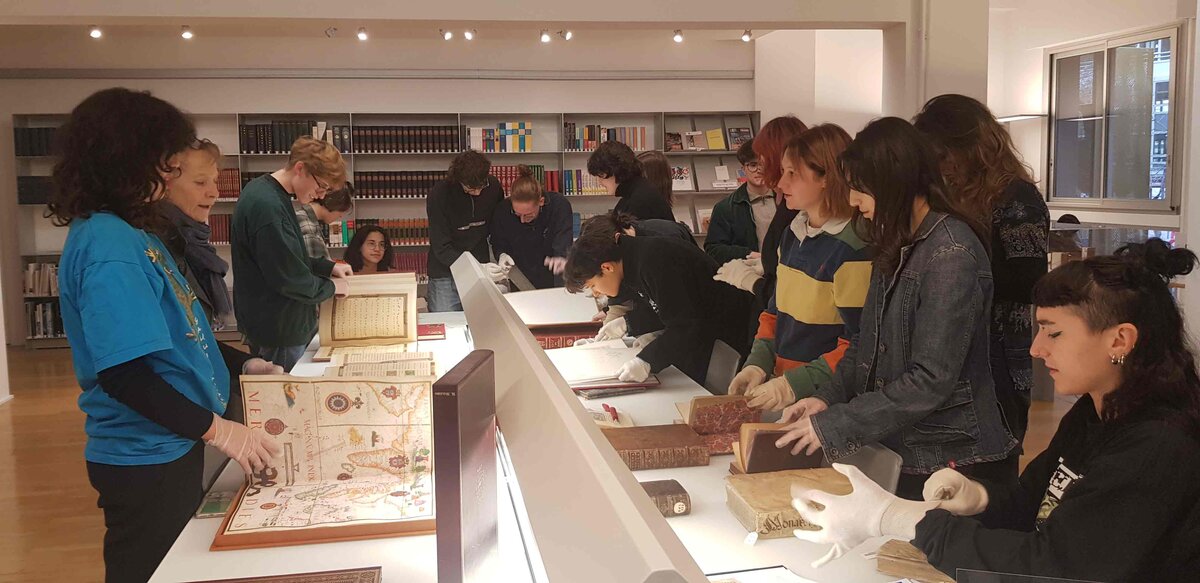
Accueil d’étudiants du département Graphisme Typographie de l’Ecole de Olivier de Serre (Paris)
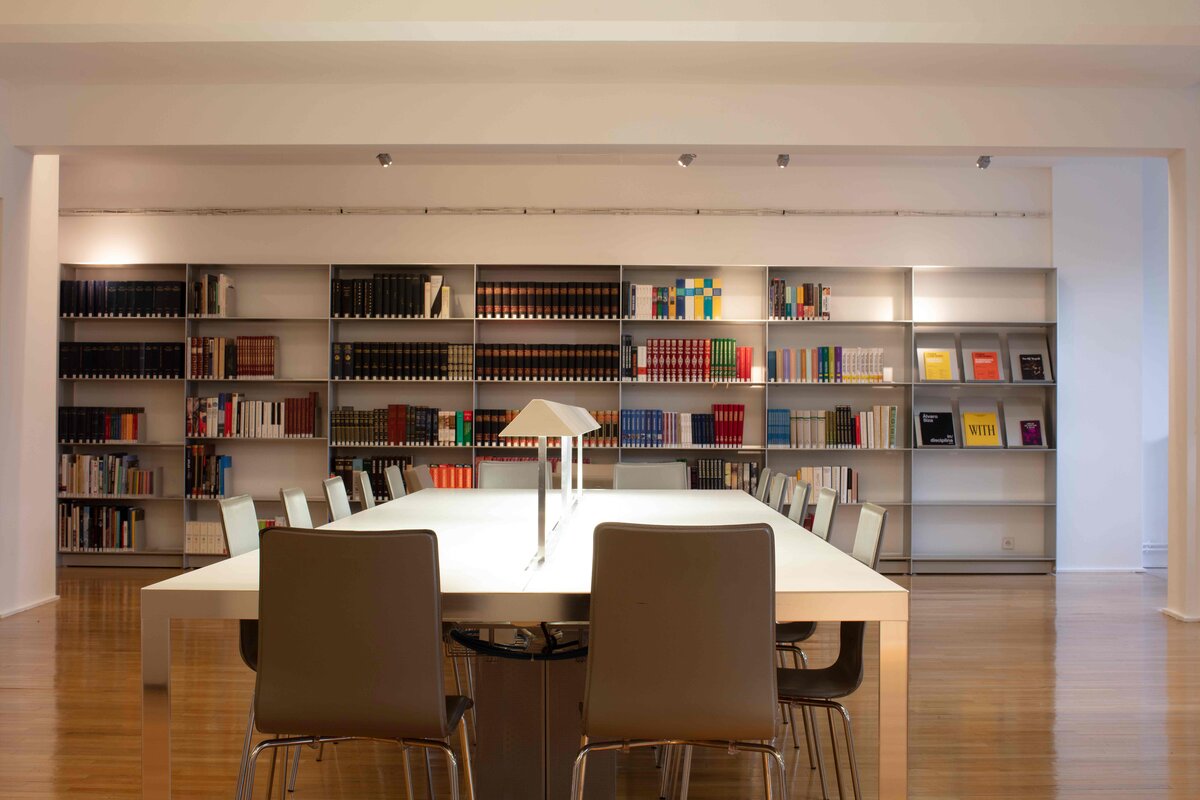
Vue de la bibliothèque
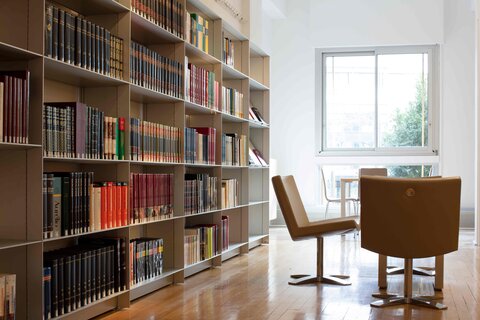
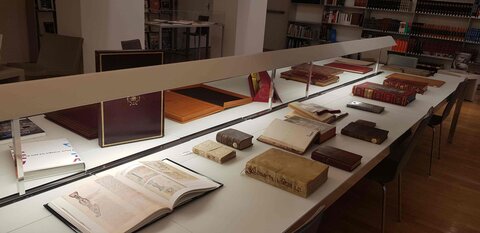
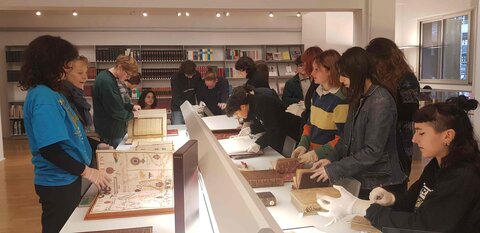
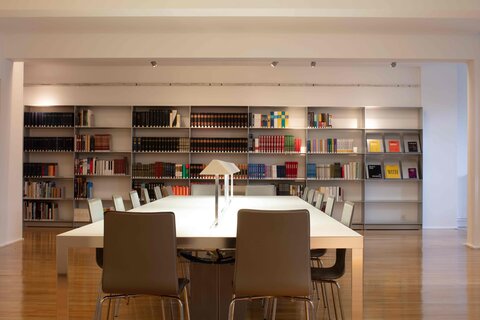
With a view to strengthening scientific communities, disseminating research findings, and engaging civil society, the Calouste Gulbenkian Foundation’s French Delegation is supporting two calls for proposals organised by the FMSH.
The call for networks, which promotes synergies between the humanities and social sciences and the life and earth sciences, funds research projects focused on climate and the environment. Biodiversity issues, the relationship between humans and the environment, adaptation to climate change: these are just some of the challenges that researchers are trying to address. Research in the humanities and social sciences (HSS) is fundamental to tackling these issues in their multifaceted dimensions.
The Arts et SHS (Arts and HSS) call for proposals provides funding for research projects in the development phase. In partnership with the Calouste Gulbenkian Foundation, and in line with the support it has always given to the arts, it offers assistance to project leaders in refining their research questions and methodologies, and expanding their research networks. The aim of this call for proposals is to foster reflection on the arts, to provide new perspectives on research through artistic practices, and to support exchanges between the research community and the creative world.


